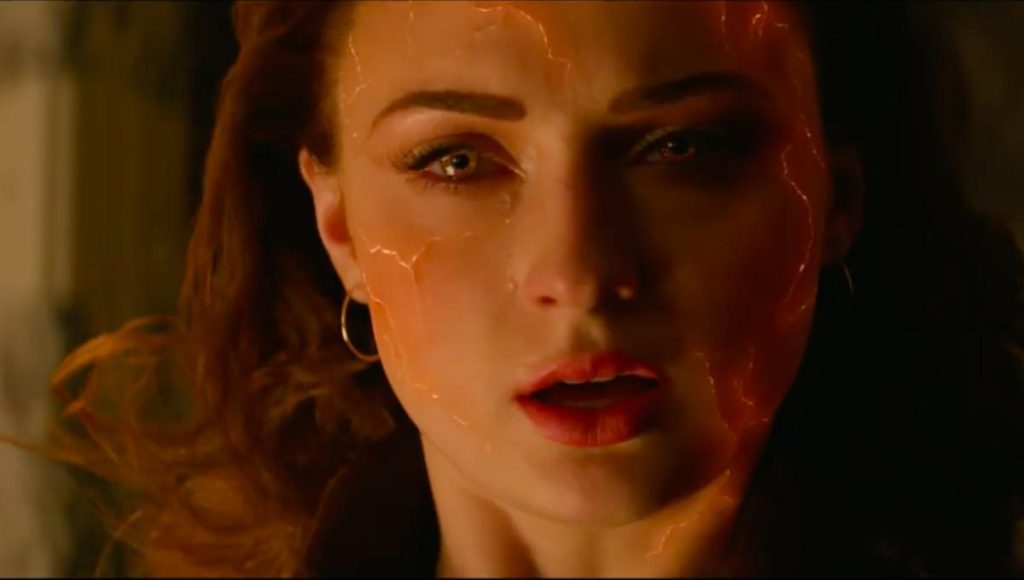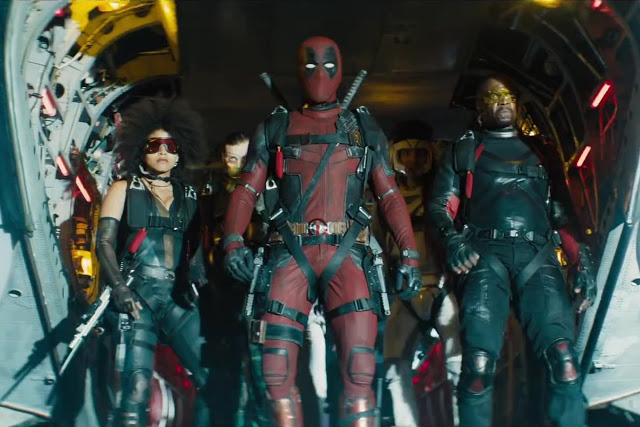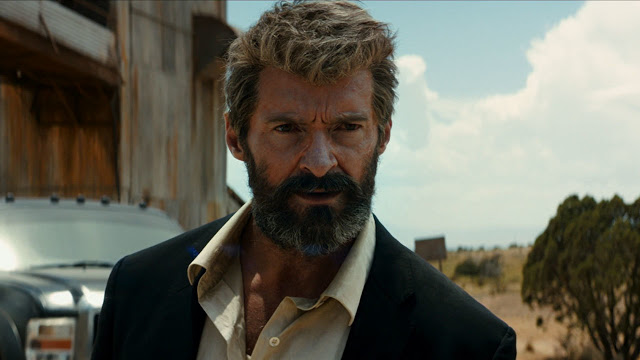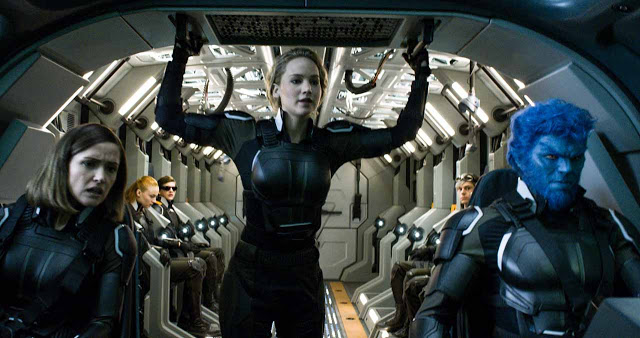Deadpool & Wolverine: Logan’s Pun
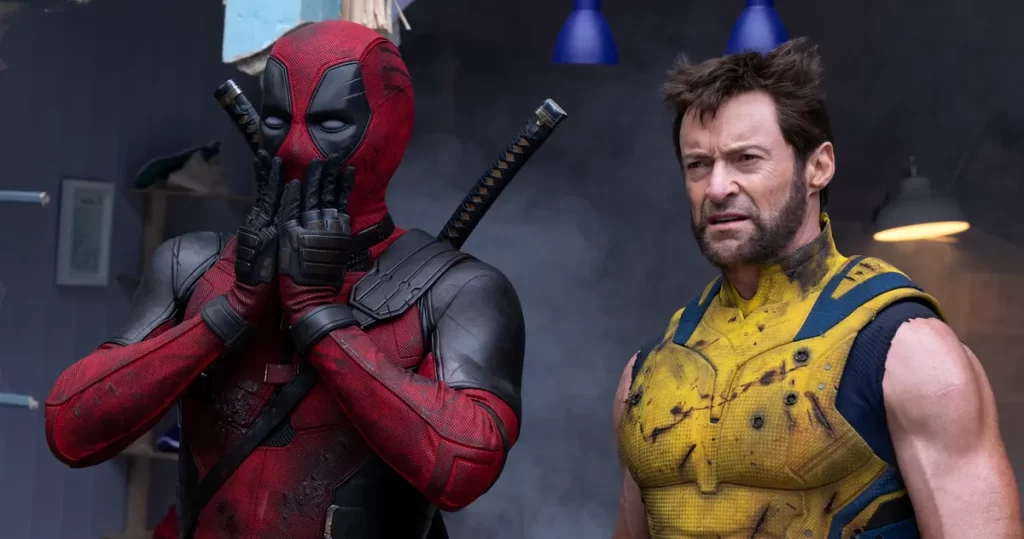
Superhero movies invariably deal with threats to the world, but what’s really in peril in Deadpool & Wolverine is the Marvel Cinematic Universe itself. “Welcome to the MCU, by the way. You’re joining at a bit of a low point,” Wade Wilson (Ryan Reynolds) says to Logan (Hugh Jackman), implicitly bemoaning the underwhelming grosses of recent efforts like The Marvels and Ant-Man and the Wasp: Quantumania. As a costumed savior, Wade’s track record is spotty—his application was rejected by both the Avengers and the X-Men—but as a box-office analyst, his assessment is hard to argue with. That’s why his mission in his newest picture is less cosmic than commercial: He must salvage the MCU’s viability as an ongoing franchise, even as he constantly mocks its quality and lampoons its conventions.
And I do mean constantly. Scarcely a scene passes in Deadpool & Wolverine in which Wade, whether bobbing his head in his trademark red mask or turning to the camera with his heavily burned face, doesn’t deliver a knowing quip concerning behind-the-scenes shenanigans. Why, after having seemingly retired the character in Logan, is Jackman returning to play everyone’s favorite clawed mutant? “A big bag of Marvel cash.” Why did the X-Force bite the dust in Deadpool 2? “The police say gravity, but just between you and me, they didn’t test well in the focus group.” What is Wade’s conception of his own superheroic destiny? “I’m Marvel Jesus… suck it, Fox!” (After that last one, he literally headbutts the camera.) Forget the comic-book brand immortalized by Stan Lee; the MCU is now the Meta Cinematic Universe. Read More

